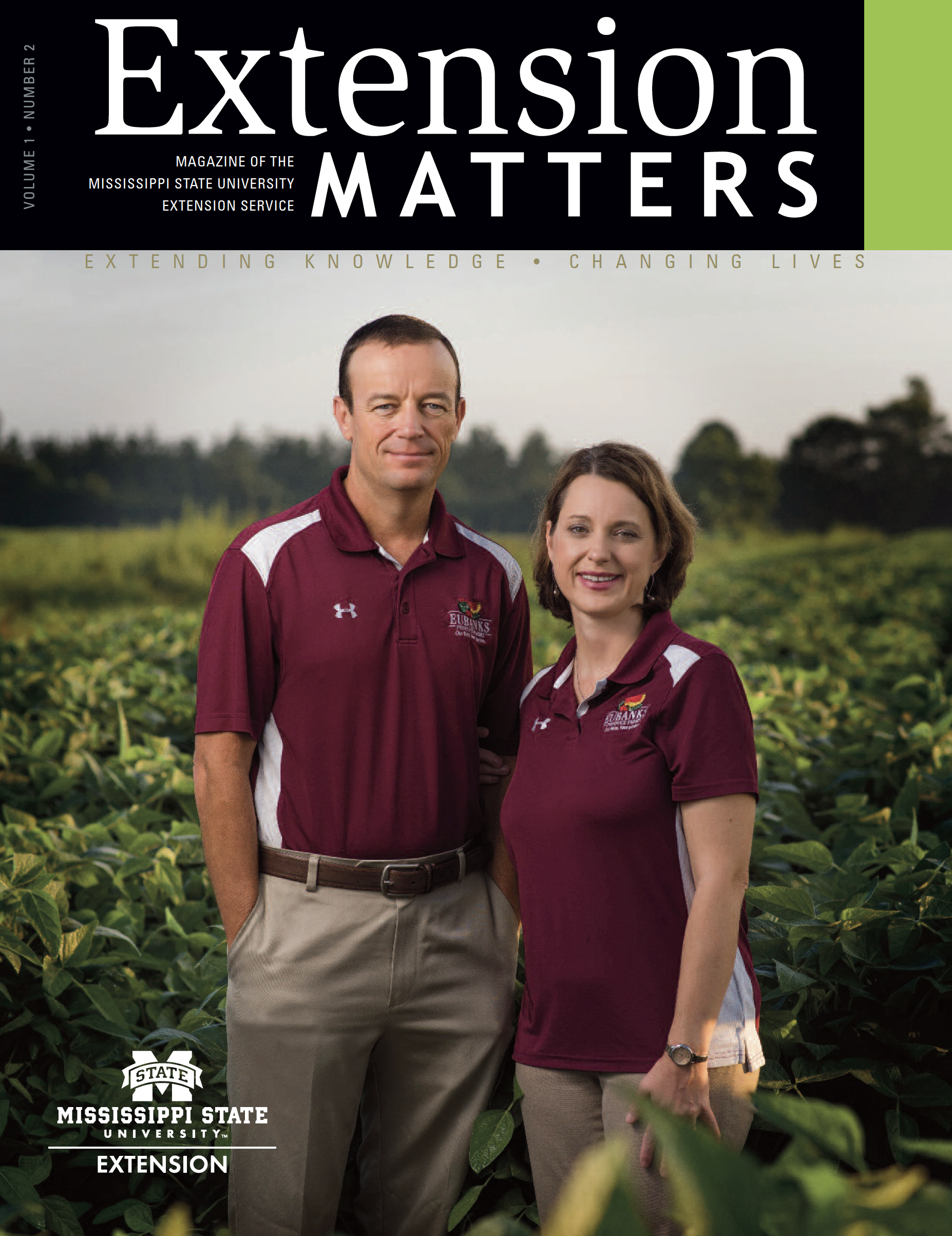Extension medical program offers career insights

Johnny Lippincott, Rural Medical Scholars program graduate
He delayed his journey to become a doctor, but Johnny Lippincott has been intrigued by the field since childhood.
“Growing up, I was always interested in medicine,” the Tupelo native says. “My dad was a psychiatrist so I was aware of the field. I was a member of a club in high school that fostered students interested in careers in medicine.”
Through the club, he found out about the Rural Medical Scholars program. The program introduces high school students to careers as family medicine physicians. It is directed and funded by the Mississippi State University Extension Service and the Mississippi State Office of Rural Health.
The program was held for the first time in 1998 to introduce high school students interested in the medical field to the rigorous academics and lifestyle requirements of a family practitioner in a rural setting.
Mississippi students between their junior and senior years of high school with ACT composite scores of at least 24 and high GPAs are eligible to apply. Students accepted to the program live on the MSU campus for five weeks.
Rural Medical Scholars take two premed courses, follow various local physicians in their day-to-day activities, tour a major medical facility, and attend lectures targeted at aspiring physicians. Students begin the program in a study skills workshop and go on to earn college credit for the two academic courses.
“The Rural Medical Scholars program certainly confirmed and increased my desire to become a doctor,” says Lippincott, who completed the 2004 program. “I enjoyed the classes, and we got an idea of what college would really be like by living in the dorms and attending classes. The program really provided a stronger foundation for me when I started college.”
Observing the doctors was perhaps the most influential portion of the rigorous program. Lippincott chose to shadow an ear, nose, and throat specialist, an area of medicine in which he was especially interested at the time.
“One day when I was with him, he diagnosed a patient with throat cancer,” Lippincott says. “And I thought, ‘This is what I’ll be doing.’ That part of the program allowed us to see what physicians actually do on a day-to-day basis.”
Although he left the program with an enhanced understanding of what it would take to complete medical school, Lippincott did not pursue that goal right away.
“Once I got to college, I realized I wanted to explore other things before I dove into medicine,” he says.
Lippincott graduated in 2009 from Emory University in Atlanta with a degree in philosophy. Afterward he explored law school and worked as a paralegal for the Federal Trade Commission in Washington, D.C., while he earned a master’s degree in physiology.
Now a first-year medical student at University of Mississippi Medical Center in Jackson, he is not sure exactly what type of medicine he wants to practice, but he knows he’s in the right field.
“There is certainly a need for family practice physicians in the state,” Lippincott says. “But Mississippi has a wide range of needs when it comes to medicine. There is also a great need for mental health physicians. Right now I’m not committed to one path. I think that will become apparent as I advance in school and get more experience in different specialty areas.”
According to statistics from the federal government, Mississippi ranks last in the number of doctors per person, and at least a portion of every county in the state is designated as medically underserved.
Since the Rural Medical Scholars Program launched in 1998, more than 300 students have completed it. Thirty-five of those students have entered medical school, and 24 have graduated and are in residency or private practice, said Bonnie Carew, assistant Extension professor and director of RMS.
About 70 percent of the students who complete the program go on to a career in healthcare, Carew said. Several have become nurses, pharmacists, dentists or medical researchers.
“Most of them go into medicine right away or within two years, but sometimes they take a different path,” she says. “Johnny was one of those. I haven’t seen him since about a year after he finished the program, but he would email me sometimes. And I always felt strongly that he would pursue a degree in medicine.
“Sometimes people need to take other paths to get where they are going. Those paths broaden them as a person, and that makes them better doctors,” Carew says.
Each year, between 20 and 25 students are selected through an application process. County Extension offices receive detailed information and instructions for application in late January or early February each year. To be considered for the program, prospective participants must apply by the March deadline.
For more information on the Rural Medical Scholars Program, visit http://www.RMS.msucares.com.


